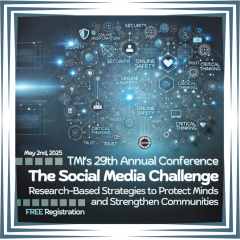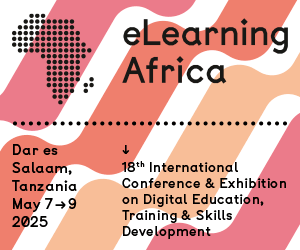Mobile Learning Technology Gets a Boost
 Sestri Levante (IT), July 2011 - eXact learning solutions presented the new Android version of its "eXact Mobile" solution - which is also available for the Blackberry, iPad and iPhone device series - at the mLearnCon 2011 conference in San Jose, California, on 21 and 22 June.
Sestri Levante (IT), July 2011 - eXact learning solutions presented the new Android version of its "eXact Mobile" solution - which is also available for the Blackberry, iPad and iPhone device series - at the mLearnCon 2011 conference in San Jose, California, on 21 and 22 June.
eXact learning solutions - a provider of learning-content-management systems (LCMS) and digital repository (DR) solutions - also discussed the latest trends in mobile learning at its booth at the mlearn exhibition. It also ran a master class on 21 June entitled "eXact Mobile 2.0: Adding Location to mLearning".
"eXact Mobile marks the beginning of the next wave of advances in learning technologies - which I would term Personal Ambient Learning Services' (PALs) - since it's based on the ability to embed specialised learning services into the cloud able to adapt learning contents to the required 'ambience' in which the learner is immersed", commented Fabrizio Cardinali, Vice President of Global Business Development at eXact learning solutions.
"In other words, the ambience is the environment surrounding the learners, not only their location and device but also their study background and track record, abilities and disabilities - as well as the limits and constrains of the workspace. The market needs powerful digital repository and learning-content-management solutions to support all this", he added.
Cardinali believes that mobile learning is developing fast - not just in terms of technology but also in its application of new educational paradigms - and mobile learning apps are flourishing in the marketplace.
"Mobile learning requires some complex technology on the back end - which is able to profile your skills and competencies, your location, and your device - to give you just the right piece of information, when you need it and where you need it. You might describe it as performance support on demand, anytime, anywhere", Cardinali observed.
"Learning content that has been developed for delivery via a desktop or laptop computer is unlikely to be able to be delivered via a mobile device without some modification - if only because of screen size", he continued. "This means that you have to develop a process whereby learning materials can be chunked, that is, made into smaller 'bites' of learning that can be more easily delivered via a mobile device at the point of need."
"In turn, this means that content for mobile learning programs needs to focus more on essential information. This turns the learning program into more of an electronic performance-support system - or even a learning 'app'", Cardinali concluded.










